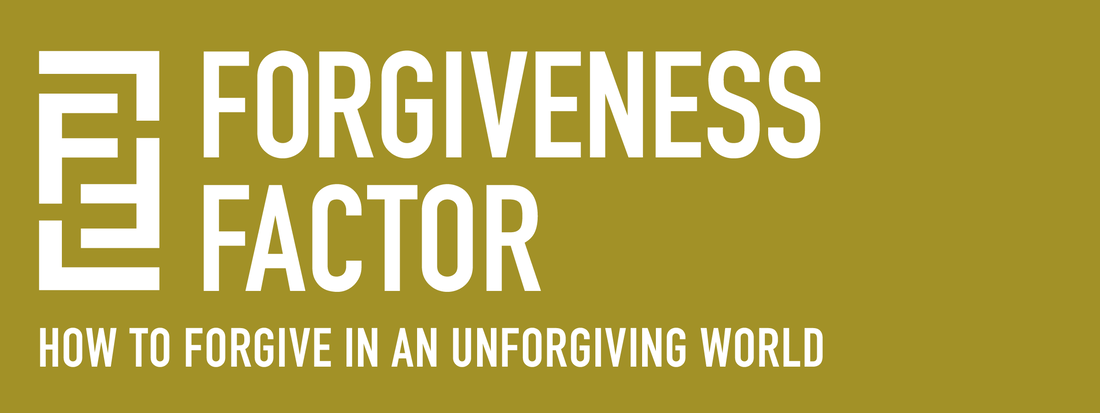Tagged: “Forgiving”
Learn How to Forgive
You can add a methodical, rejuvenating process of forgiveness to your life by attending the upcoming 6-session “Freedom Through Forgiveness” course that begins September 29.
Taught by forgiveness instructor Tim Markle, the in-person course provides the tools and techniques that will enable you to gain a factual understanding of what forgiveness is, what it is not, and how to use it to methodically improve your health and well-being. The interactive sessions are based on the 20-step “Forgiveness Process Model” developed by Dr. Robert Enright, co-founder of the International Forgiveness Institute (IFI) whom Time magazine calls “the forgiveness trailblazer.”
The course is being sponsored by Stoughton Health with classes held at Stoughton Hospital from 6:30-8:00 pm on consecutive Thursday evenings from September 29 through November 10 (with no class on November 3). The facility is located in Stoughton, WI, 17-miles southeast of Madison. There is no charge for the course but enrollment is limited and pre-registration is required. Visit Freedom Through Forgiveness – Stoughton Health for more information or call Stoughton Health at 608-877-3498.
Markle is an Outreach Specialist at the University of Wisconsin-Madison Waisman Center where he works to improve the lives of children and adults with developmental disabilities and neurodegenerative diseases.  He earned a BA in Psychology from Bowling Green State University, a Masters in Counseling (MC) from John Carroll University, and a Master of Arts in Christian Studies (MACS) from Trinity Evangelical Divinity School. He is a contributing writer and speaker for the IFI and the founder of a forgiveness education organization called Forgiveness Factor.
He earned a BA in Psychology from Bowling Green State University, a Masters in Counseling (MC) from John Carroll University, and a Master of Arts in Christian Studies (MACS) from Trinity Evangelical Divinity School. He is a contributing writer and speaker for the IFI and the founder of a forgiveness education organization called Forgiveness Factor.
I have a co-worker who never stands up for himself nor does he even politely confront those who are giving him a hard time. Instead, he gets angry (away from those with whom he is in conflict). Sometimes that anger comes out toward me. He can occasionally bang his fist into the top of his desk. Do you think his actions are sufficient to relieve his anger or does this even help at all?
Your co-worker seems to be using the psychological defense of displacement, which means to take out the anger on something or someone else rather than on the original person who acted unfairly. In the short-run your co-worker might experience some relief from this catharsis, but in the long-run, as I am sure you know, his hitting the top of the desk will not solve the injustice. If your co-worker can do some forgiving and exercise this along with courage and a quest for justice, then he might be able to go to those at whom he is angry and talk it out in the hope of a fair resolution.
If the other does not want to be forgiven, should I then not forgive?
Suppose someone said to you, “Please do not be fair to me. Under no circumstances, you are not to exercise justice to me.” Would you not be fair? Isn’t it your choice to be fair, regardless of the other person’s request? It is the same with forgiveness. You can forgive from the heart, as a free-will decision. You need not verbally proclaim your forgiveness toward the other if this person insists, but your forgiving always is your choice. The key issue here is how you forgive, and that can be done silently, from the heart and in actions that do not proclaim forgiveness.
Is forgiveness appropriate when I am angry, no matter toward whom or toward what I am angry?
Forgiveness is appropriate when you are angry toward persons, but not toward inanimate objects. For example, you do not forgive a tornado because you do not offer goodness toward this weather event. Forgiveness, as a moral virtue, is to offer goodness and we offer goodness toward persons rather than to inanimate objects.
In your book, “The Forgiving Life,” you correlate forgiving with love (agape love). Can a person forgive and feel no love at all toward the one who acted unfairly?
We have to make a distinction between the essence of forgiveness (what it is in truth and on its highest level) and how we actually appropriate forgiveness at any given time. So, even though to forgive on its highest level is to love the one who was not loving toward the forgiver when the injustice occurred, a person can forgive, for example, by committing to do no harm to that other person. While this is not the highest form of forgiveness, it is part of the forgiveness process. So, if today the best a person can do is to commit to do no harm to the one who offended, this is forgiveness (with room to grow in this moral virtue).



